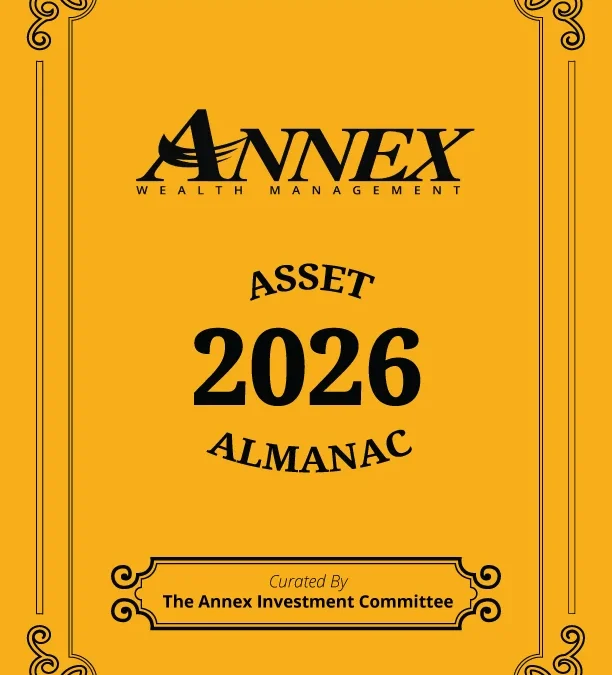
Getting serious about making an estate plan means consulting with an estate planning attorney who can walk you through the process. Annex Wealth Management’s Estate Planning Attorney, Jill Martin, J.D., offered some ideas on what you should ask.
Finding an attorney you can trust with your questions and your plans can be intimidating. Maybe you know a guy or got a name from a friend of a friend, but as you look to hire an attorney to do your estate plan, make sure you ask them some questions.
- Is estate planning you primary focus? How much experience do you have in estate planning?
- You will want someone who does a fair amount of estate planning rather than an attorney that just ‘dabbles’ in it.
- Do you offer a free initial consultation?
- What are their estimated fees and what does that include? Do you charge hourly vs. flat fee?
- Do you offer or conduct annual reviews, if so what is the cost for the review?
- This is not critical, but regular reviews of your estate plan as life changes is important.
- Are you well versed in estate planning and income tax planning for IRAs and qualified plans?
- Today, more and more individuals have IRAs and qualified plans that represent a significant proportion of wealth, and there are unique income tax rules and regulations for minimizing income taxes when these accounts pass from one person to another.
- Are you able to help you avoid or eliminate the probate process?
- The probate process is not always a bad thing, but be on the lookout for attorneys that encourage using the probate process rather than other planning options.
- Do you assist in funding the trusts during life, updating asset titling or beneficiary designations?
Additional questions that may be specific to your situation may include
- Do you have experience in planning for couples in second marriages with children from prior relationships or in dealing with estate planning impacted by divorce?
- Do you have expertise in special needs trusts?
- Do you have experience in planning for unmarried, non-traditional couples or same sex couples?
- Do you have expertise in business succession planning?
Technical skill is important when selecting an attorney, but you also need to feel comfortable working with the individual. There are questions you need to ask yourself as well.
- Am I comfortable working with this person?
- Do I feel I can trust this person to work with my existing advisors?
- Does this attorney make me feel at ease about the planning process?
It may seem like plenty of questions to ask, but the scrutiny is worth it. Your attention to detail and thoroughness may pay off in peace of mind as you plan.







